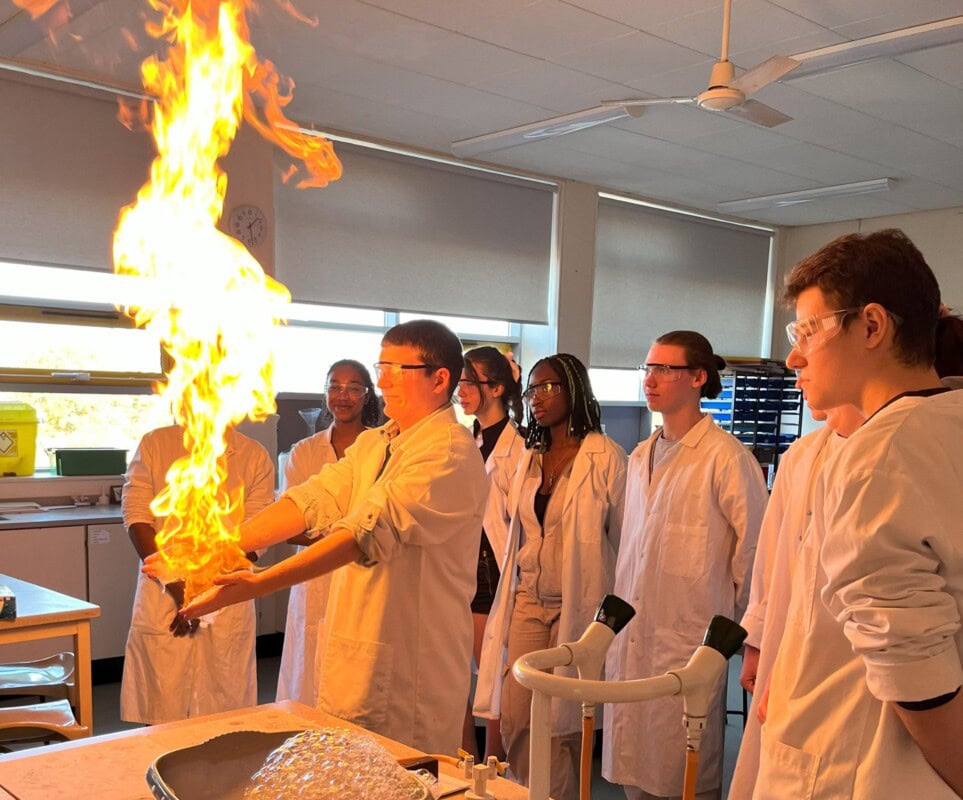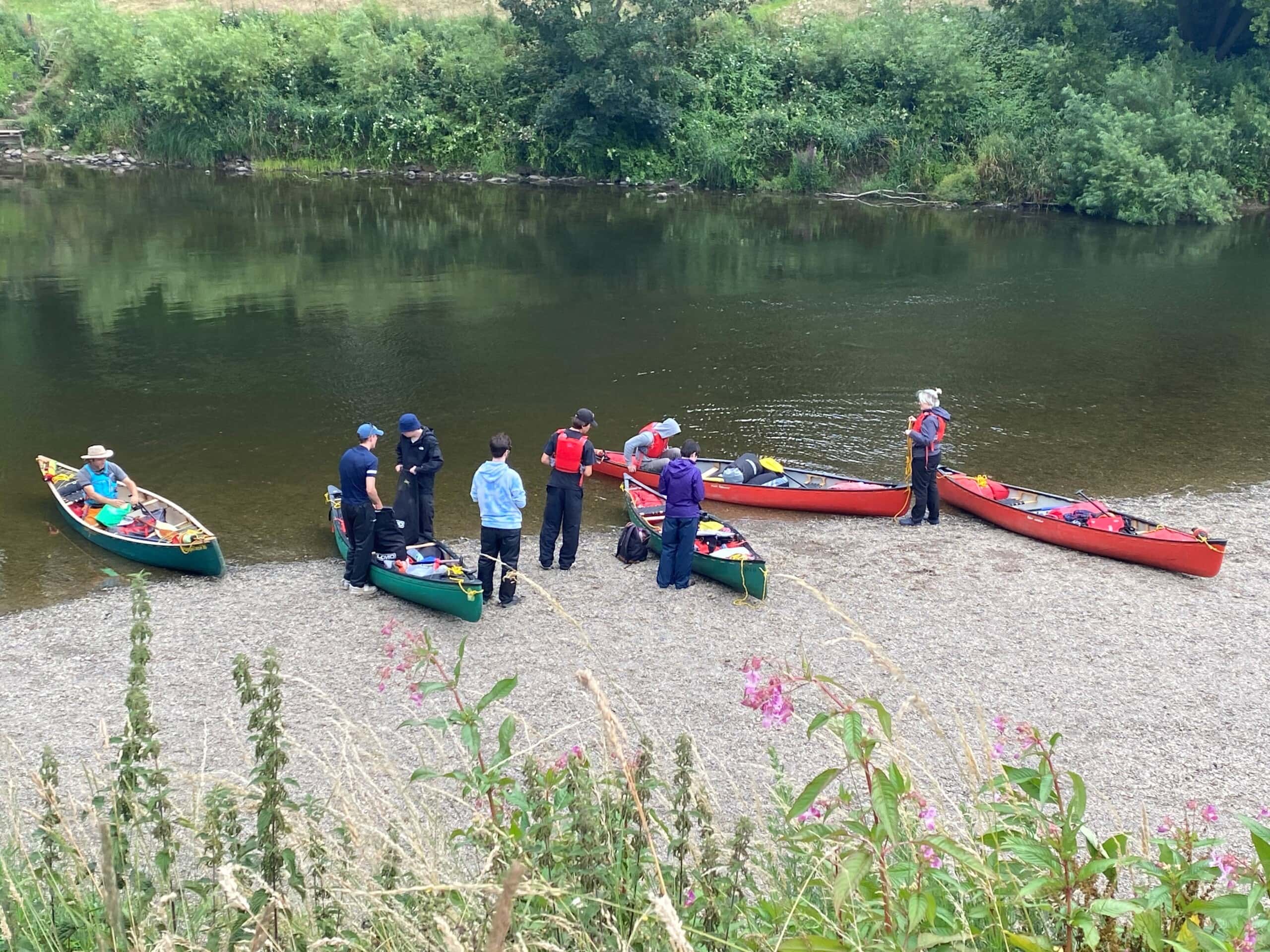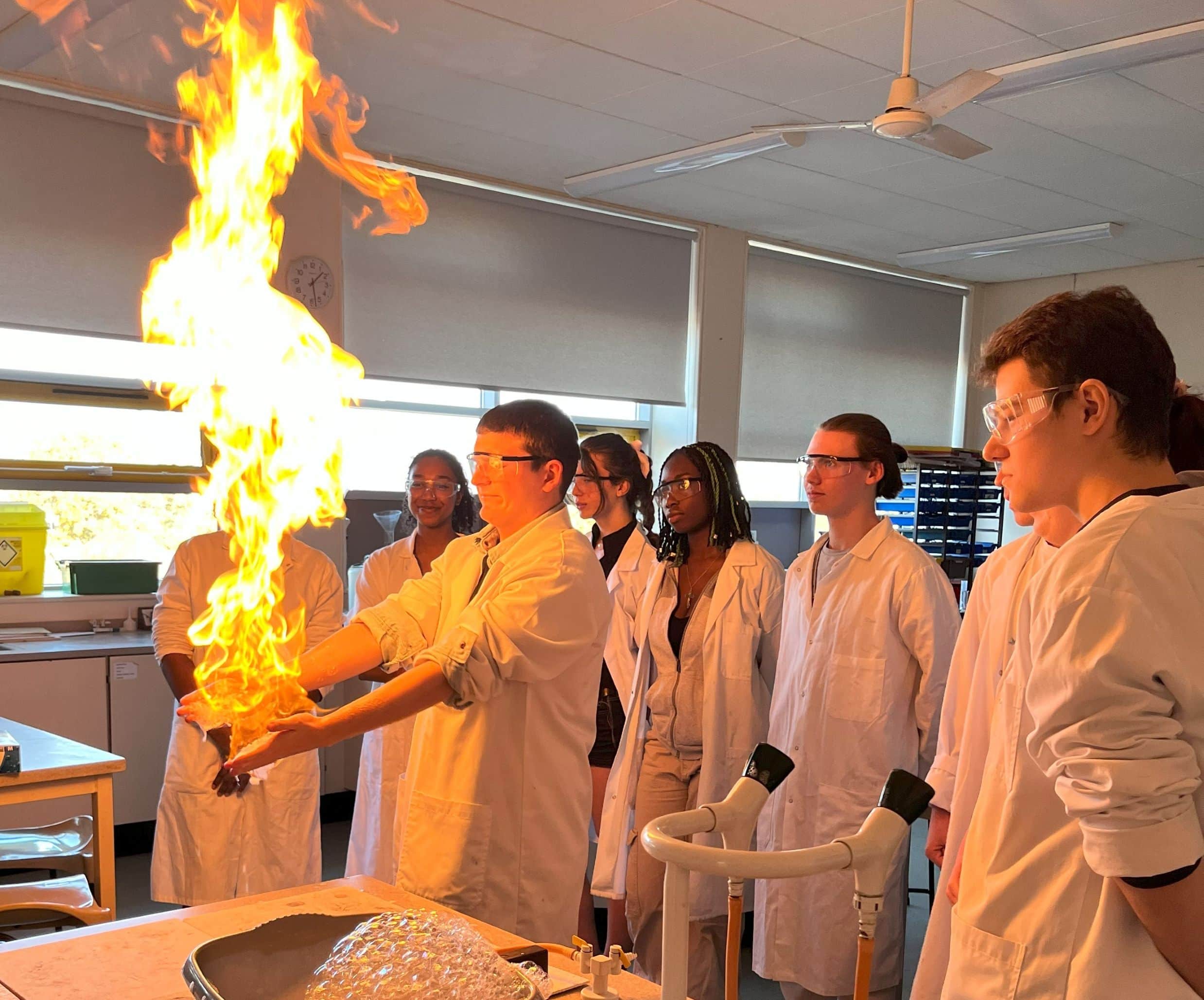Maths, Science and IT
Are you fascinated with robotics? Or perhaps you are keen to delve into the world of Psychology? Or maybe your keen to learn more environmental issues from a science perspective. Our Short and Long Courses offer an enriching addition to your timetable that promise to give your scientific mind a workout.

Short Courses
Psychology in Film

This course is for students who are interested in Psychology and in exploring themes such as attachment theory, memory and mental illness through the medium of film.
Examples of films to be screened include Memento, Shutter Island and We Need To Talk About Kevin, as well as documentaries such as Bowling for Columbine.
This course may also be of interest to Film Studies students, as we will discuss the narrative structure of these films, as well as how the medium represents stereotypical assumptions about abnormality.
Introduction to Forensic and Criminal Psychology

This course is aimed at those students who might be interested in studying Psychology or Criminology at degree level.
We explore the psychology of crime, delving into issues such as the problems in defining crime, where we look at the role of culture, age, context and circumstance. In addition, we consider approaches to offender profiling, as well as biological (e.g. genetics, biochemistry, brain physiology) and psychological (e.g. cognitive and psychodynamic) explanations for offending behaviour, and the psychology of the courtroom.
Finally, we contemplate ways of preventing crime and dealing with offenders (e.g. sentencing, rehabilitation). Throughout the course emphasis is placed on research studies that form the basis of this knowledge.
Computer Skills for Independent Study

This course equips beginners with essential skills for efficiently using Microsoft Office applications. Here’s what it covers:
1. Office Basics:
- Learn how to use the file explorer to create and organise your files.
2. Word Processing (Microsoft Word):
- Understand document creation, formatting, and editing.
- Explore features like headers, footers and tables
- Create dazzling CV’s
3. Spreadsheet Skills (Microsoft Excel):
- Master spreadsheet basics, including data entry, formulas, and functions.
- Learn to create charts, analyze data, and use Excel for financial calculations.
- Create budgets and keep control of your budget
4. Presentation Design (Microsoft PowerPoint):
- Create engaging presentations with slides, images, and animations.
- Learn about slide layouts, transitions, and effective communication.
5. Collaboration and Cloud Integration:
- Understand how to collaborate on shared documents, whether online or offline.
- Explore seamless integration across devices using your favourite Office apps.
Remember, these skills are essential for productivity in various professional settings!
Long Courses
Robotics

Interested in building robots? Like programming?
We will be making robotic cars from Arduino kits and trying out things like line tracking, light tracking, voice control, racing, lighting systems.
No experience required.
Physical Sciences and Engineering Pathway

Physicists and engineers investigate the fundamentals of how everything works and use this to develop our understanding of the world we live in. They research and apply a range of skills to help form an understanding of sub-atomic particles to the cosmos and everything in-between, using this to innovate new products and technologies. Whether you are a practical engineer or more interested in the underlying theory, this pathway will provide you with an opportunity to develop the skills you need to help you on your journey towards further study or employment. We will extend your understanding of the underlying principals behind the topics covered in the A level physics course, look into additional topics such as special relativity as well as develop your ability to apply your knowledge to a range of advanced applications. You will be given the opportunity to participate in a range of competitions from theoretical application in the British Physics Olympiad to the practical design challenge of the Surrey Satro.
Natural Sciences Pathway

Could hallucinogenic drugs be used as a treatment for trauma? What are the evolutionary underpinnings of cell structure? How can we apply our knowledge of chemistry to develop medicines? The Natural Sciences pathway is for students keen to develop a deeper interest in Biology, Chemistry and related sciences. We will be thinking about extending your knowledge beyond the course content and engaging with your subject in different ways, including problem solving, essay writing and presenting your ideas to your peers. Students actively pursuing an application for a higher-tariff university will get help to write a high impact personal statement and to prepare for interviews and university admissions tests.
Extended Project Qualification (EPQ)

What is the course about?
The EPQ is an opportunity for you to carry out a research project in an area that interests you.
There are two ways to achieve an EPQ qualification:
- Write a 5,000 word report based on your research (EPS)
- Create an artefact (e.g. a fashion piece, a film, a song) and a written report based on your research (EPC)
With either option you must also document how your project develops in a logbook and give a presentation about your project. The Extended Project Qualification is highly regarded by Universities and completing the qualification will help you to develop your skills of planning, research, time management and self-reflection.
If you want to pursue a creative or performance related course/career pathway after college and want to build up a portfolio of work then you should enrol on the EPQ creative version of the course.
Who should consider this option?
If you are very keen to explore an area of interest in a subject further, or explore links between the subjects you study, then this is for you. You must have high degree of self-motivation, be able to work independently and be willing to carry out extensive research.




